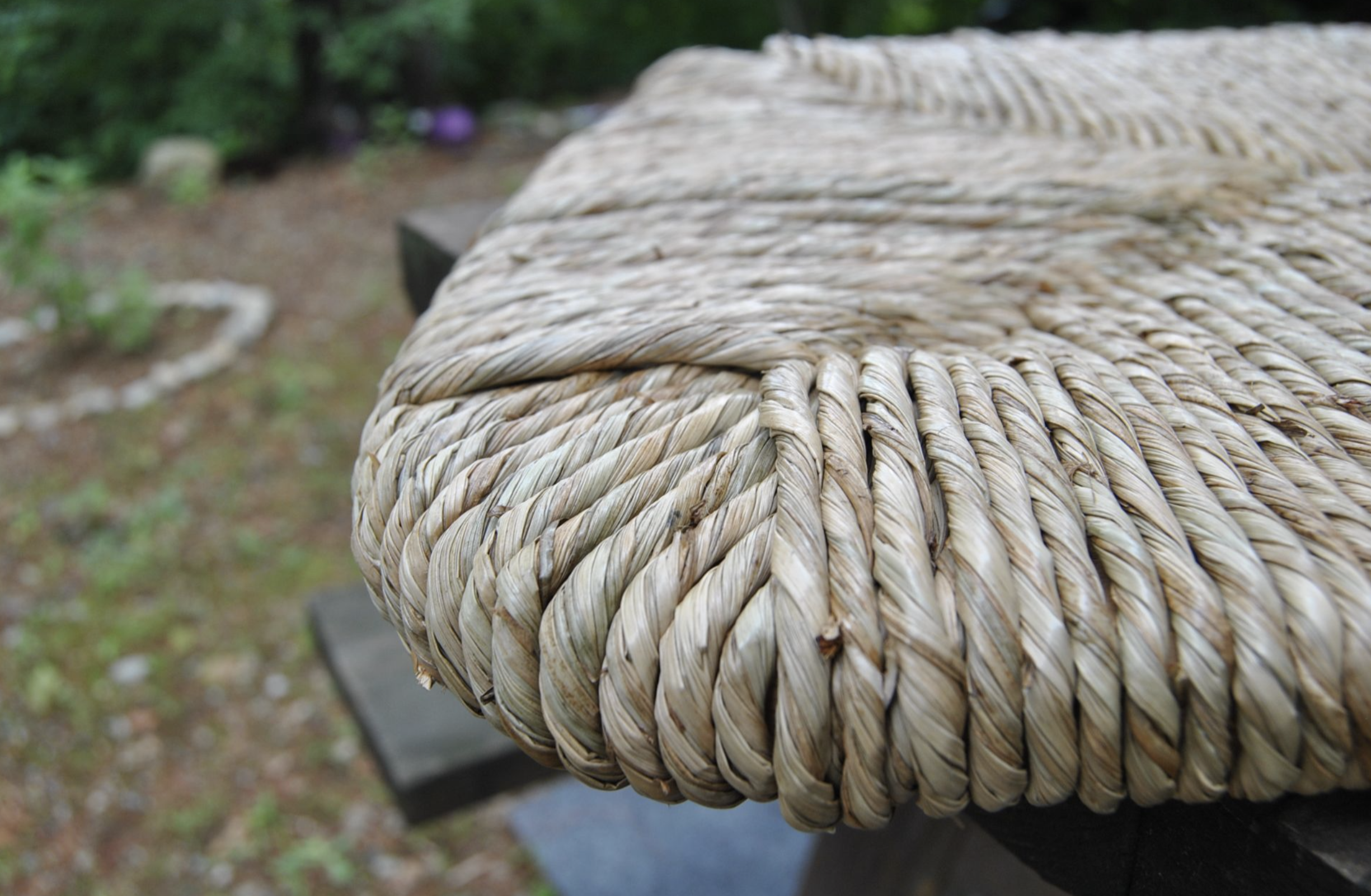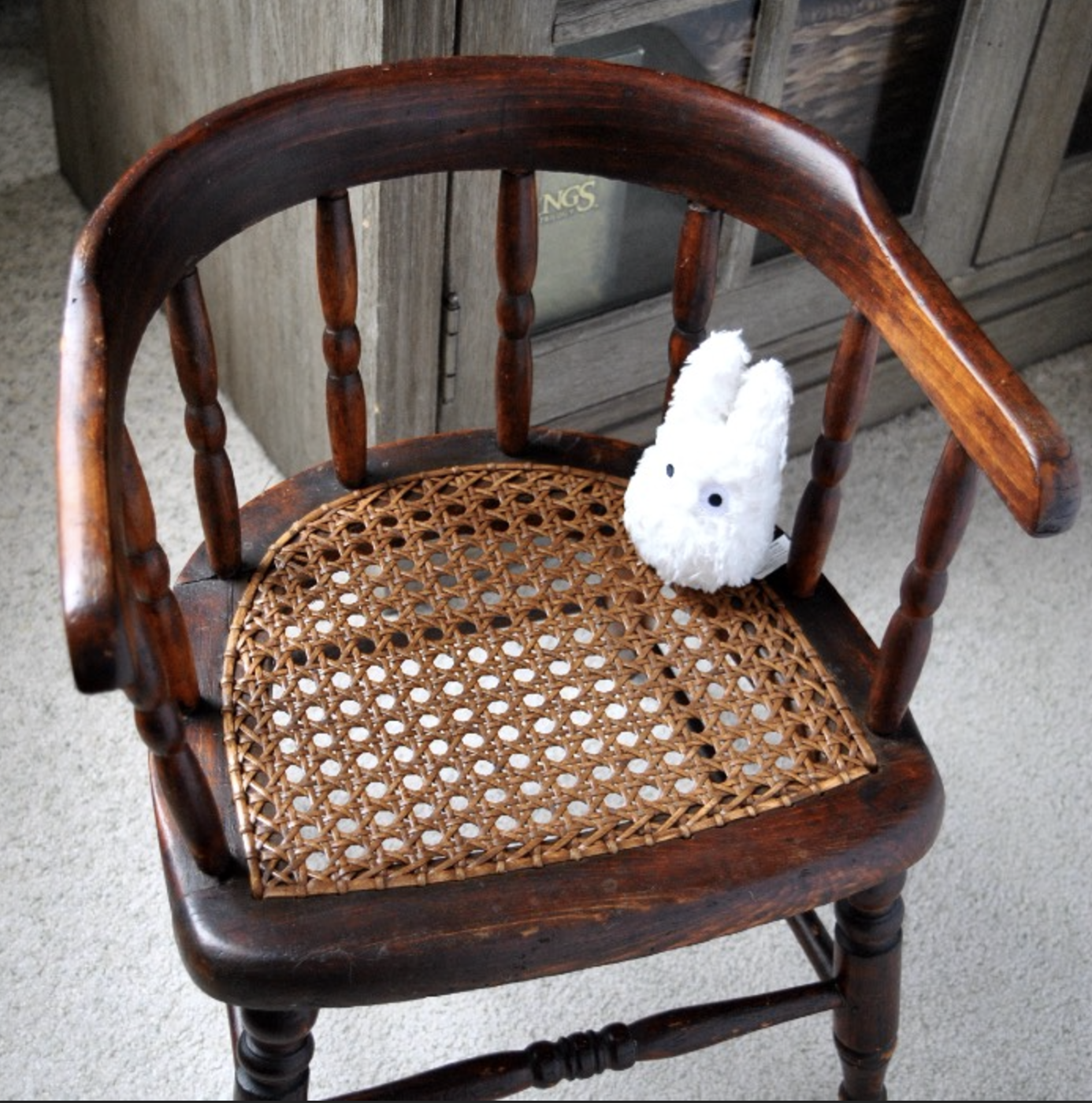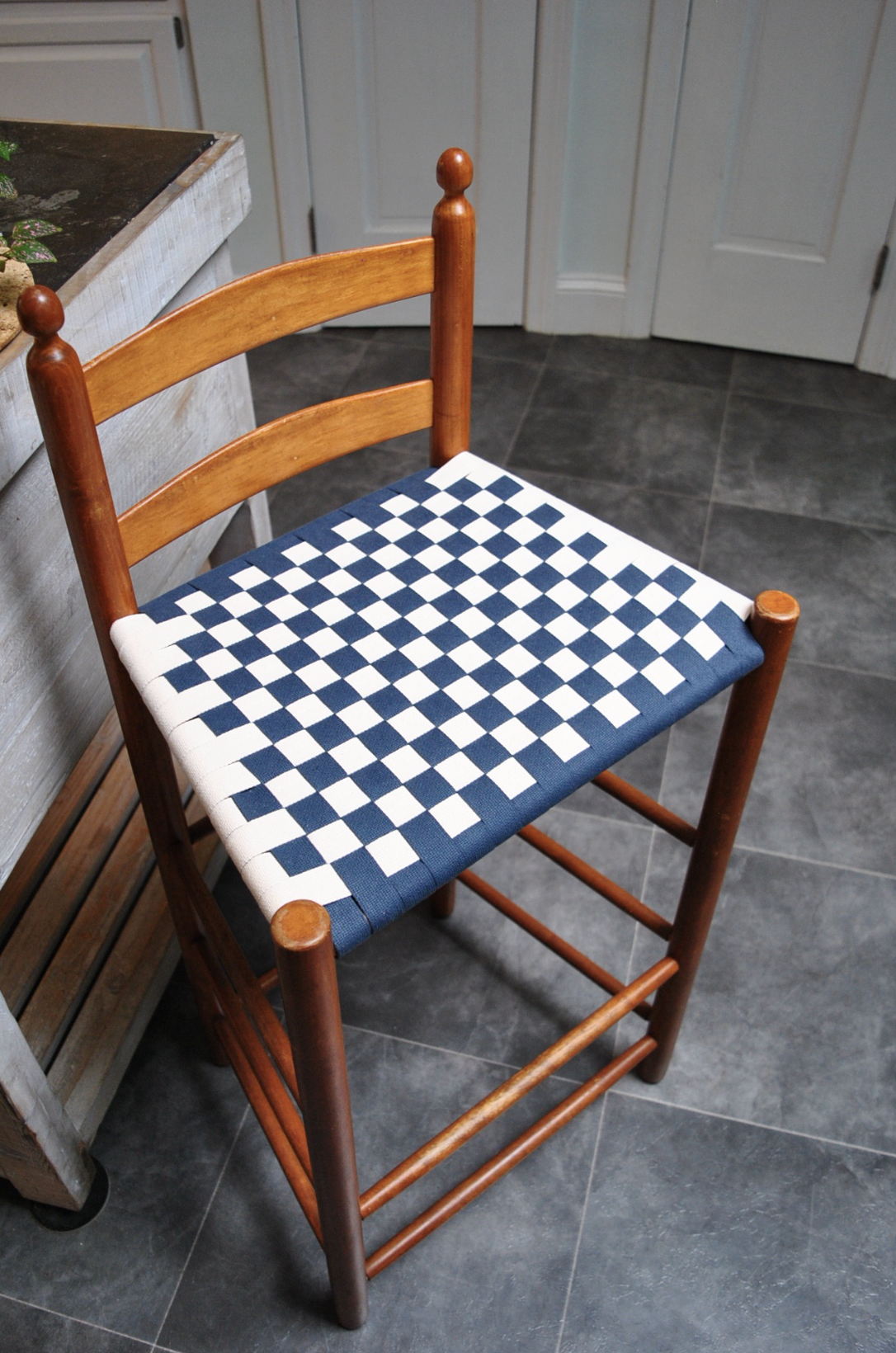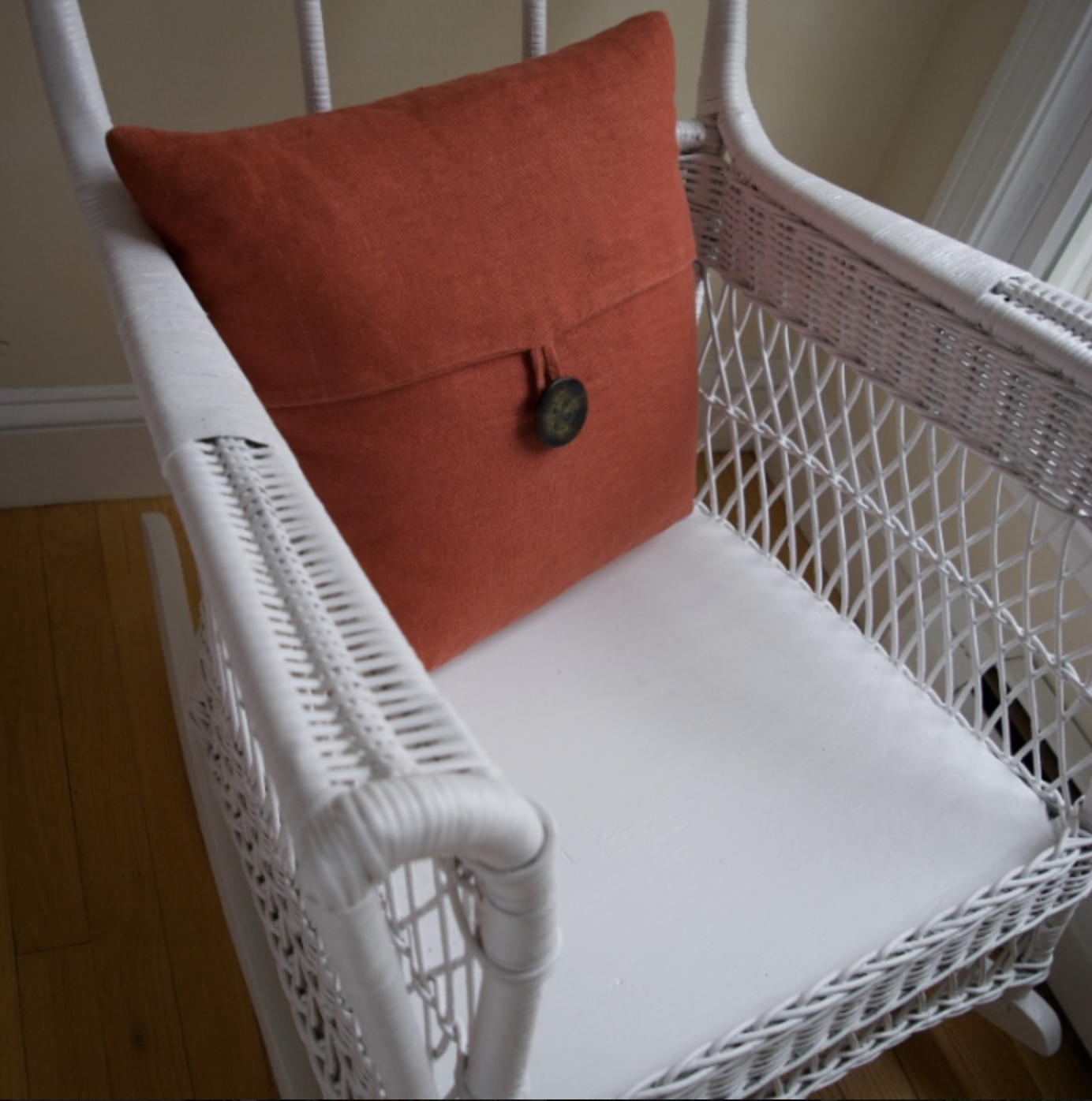
Process
Working together
The first step in working together is to contact Conservation Caning either by phone or email to discuss your caning project. We can develop a preliminary estimate of the repair through photos or, in some cases, with an on-site assessment at the customer’s location. In assessing your project, we’ll discuss further specifics (measurements, caning style, material, staining options, etc.) to help determine the cost of your repair.
Caning Styles
The style of caning/weaving also determines the cost of the repair. Some of the more common caning styles include hand-woven, pre-woven, rush, and Danish, among others.
Handwoven
Pre-woven
Danish Weave
Flat Reed/Herringbone Weave
Shaker Tape
Natural Rush
Wicker
Rattan
Natural Materials
The material used in weaving can also dictate how it is woven and can affect cost.
Scheduling
Chair caning is a labor-intensive art and there are few true shortcuts. Busy times in the studio are typically mid-Summer to late Fall (as those spending summers in Maine prepare to close up cottages for the season) and early Spring, as many customers prepare to host events in their homes around holidays, graduations, and weddings. Some caning projects can be completed in a week or two, some may take several weeks, and a studio full of caning projects can make things…interesting. Advance planning is always appreciated!
Payment Terms
A deposit may be required if your project requires materials that are a special order. Otherwise, full payment will be due at delivery. Cash, check and Venmo are accepted.













